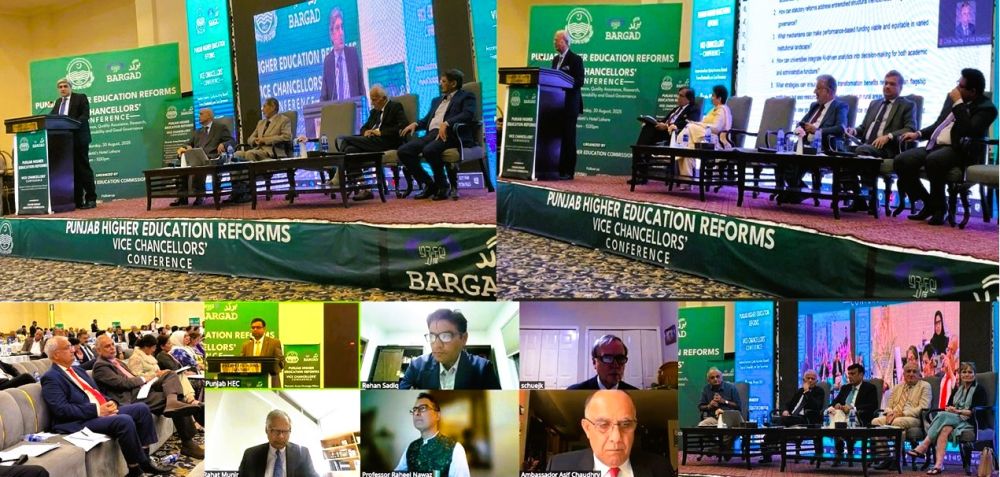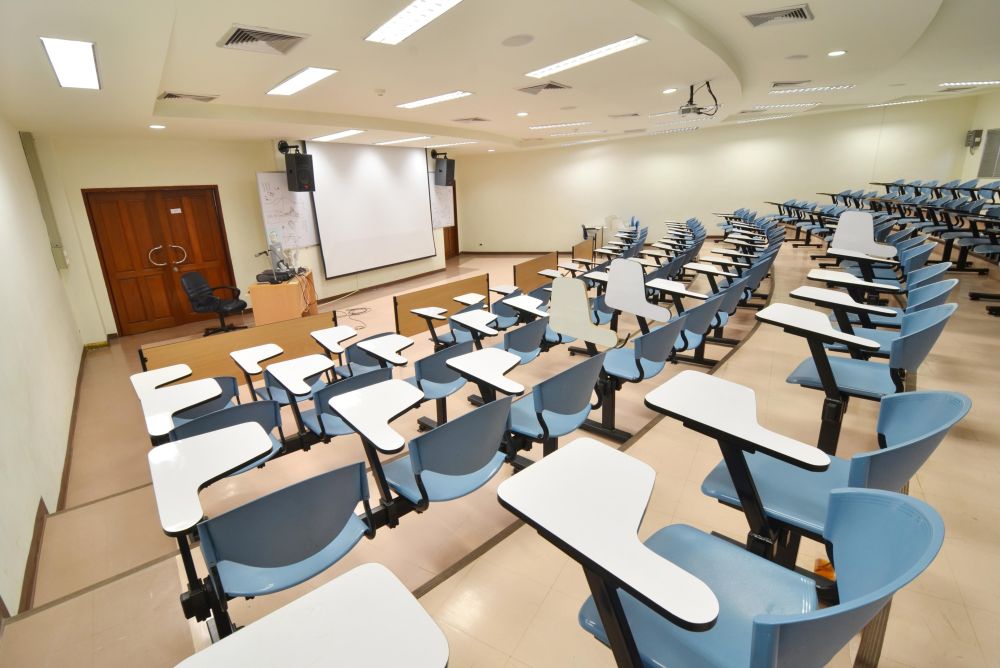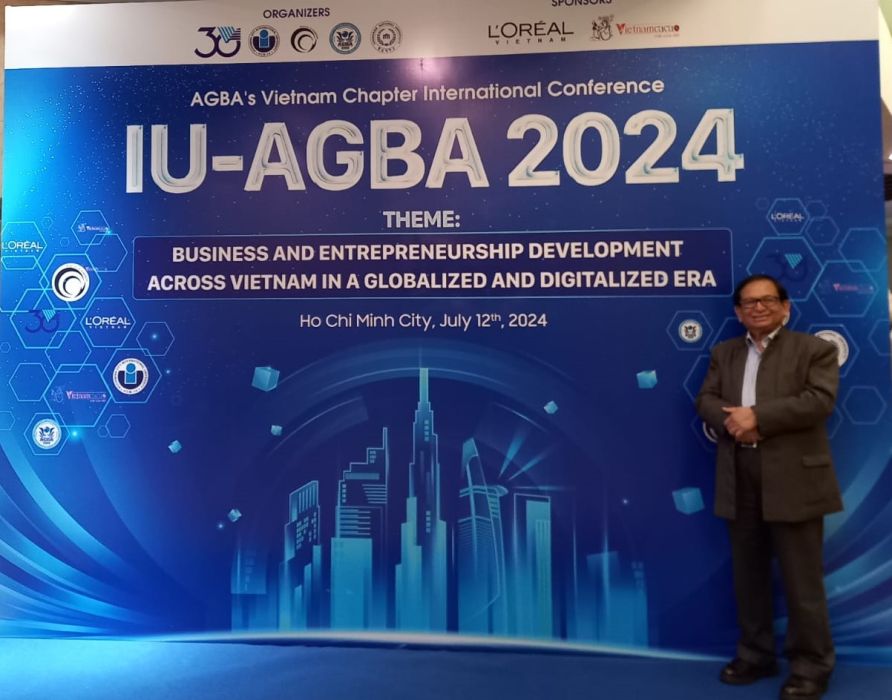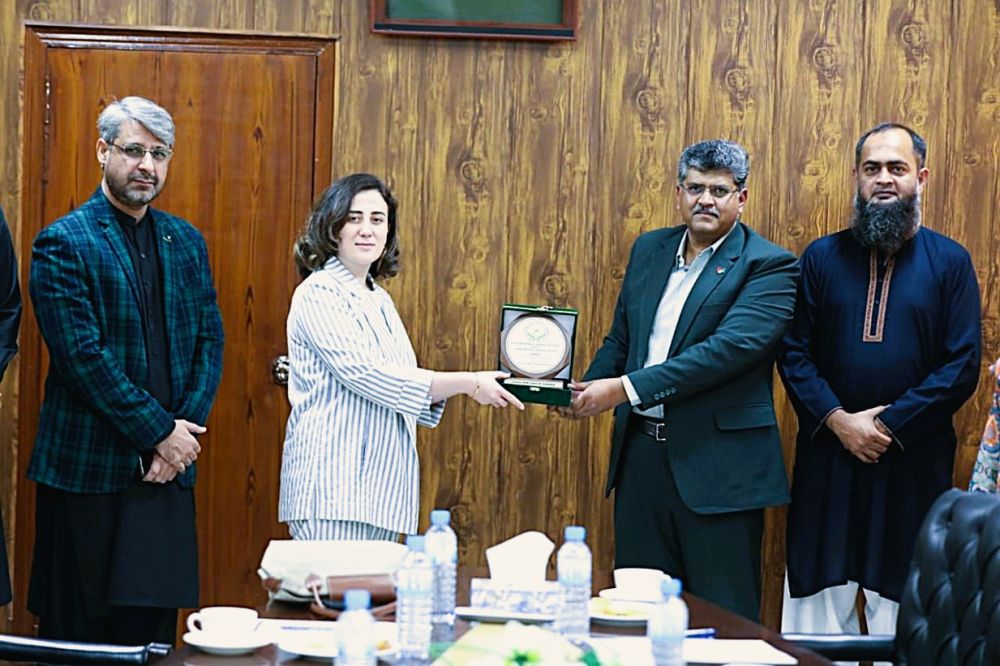189/25 Shaping Tomorrow’s Universities: University of Southern Punjab Multan Praises PHEC’s Vice Chancellors Conference in Lahore
Posted 5 months ago
The University of Southern Punjab (USP), Multan, has extended congratulations to the Punjab Higher Education Commission (PHEC) and its Chairperson, Prof. Dr. Iqrar Ahmad Khan, for organizing the 2025 Vice-Chancellors’ Conference in Lahore, which was recognized as the most impressive academic gathering in Pakistan’s history.
USP’s Rector and the USP governance team praised the Commission’s team for assembling a series of dialogues that not only gathered the nation’s academic leaders but also drew expatriate Pakistanis in senior positions abroad and several international scholars. This global participation not only reflected the growing global credibility of Pakistan’s higher education system but also instilled a sense of pride and optimism in the audience.
Defining the Academic Future
The panel discussions, which were the highlight of the conference, are believed to have a significant impact on the future trajectory of higher education in Pakistan. The grace and tradition of the inaugural and closing sessions, along with the dignitaries in attendance, added to the conference's prestige.
Themes included in the panel discussions were:
- Teaching Excellence, Research Innovation & Knowledge Creation
- Quality Enhancement & Institutional Excellence
- Governance, Financial Sustainability & Digital Transformation
- Civic Engagement, Societal Cohesion & Extension
- Leadership & Academic Human Capital Development
USP leaders particularly commended the PHEC team for preparing probing, well-researched questions for panelists, which ensured sharper insights and richer debate.
A Southern Perspective on National Change
By celebrating this milestone, the University of Southern Punjab, the best university in the region, is aligning itself with PHEC’s reformist vision, signaling support for a higher education system that is both globally competitive and deeply rooted in Pakistan’s socio-economic realities.
For USP, this recognition goes beyond ceremony. It underscores a belief that the conference was not just an event, but a manifesto for academic excellence in Pakistan. As reforms gain traction, institutions like USP will play a pivotal role in implementing these ideas, connecting provincial initiatives with national progress.
In congratulating Prof. Dr. Khan, USP’s leadership recognizes more than a successful conference; they acknowledge a vision translated into policy, practice, and purpose. This acknowledgment is not just a formality, but a genuine expression of respect and inspiration for Prof. Dr. Khan's visionary leadership.
As one expert quipped, this conference was “not just a meeting, but a manifesto for Pakistan’s academic future.”
With PHEC driving initiatives toward accountability (via KPIs), inclusiveness (via scholarships and ranking transparency), and innovation (via performance-based metrics), the landscape of higher education in Punjab and the nation might be on the cusp of a transformation.





